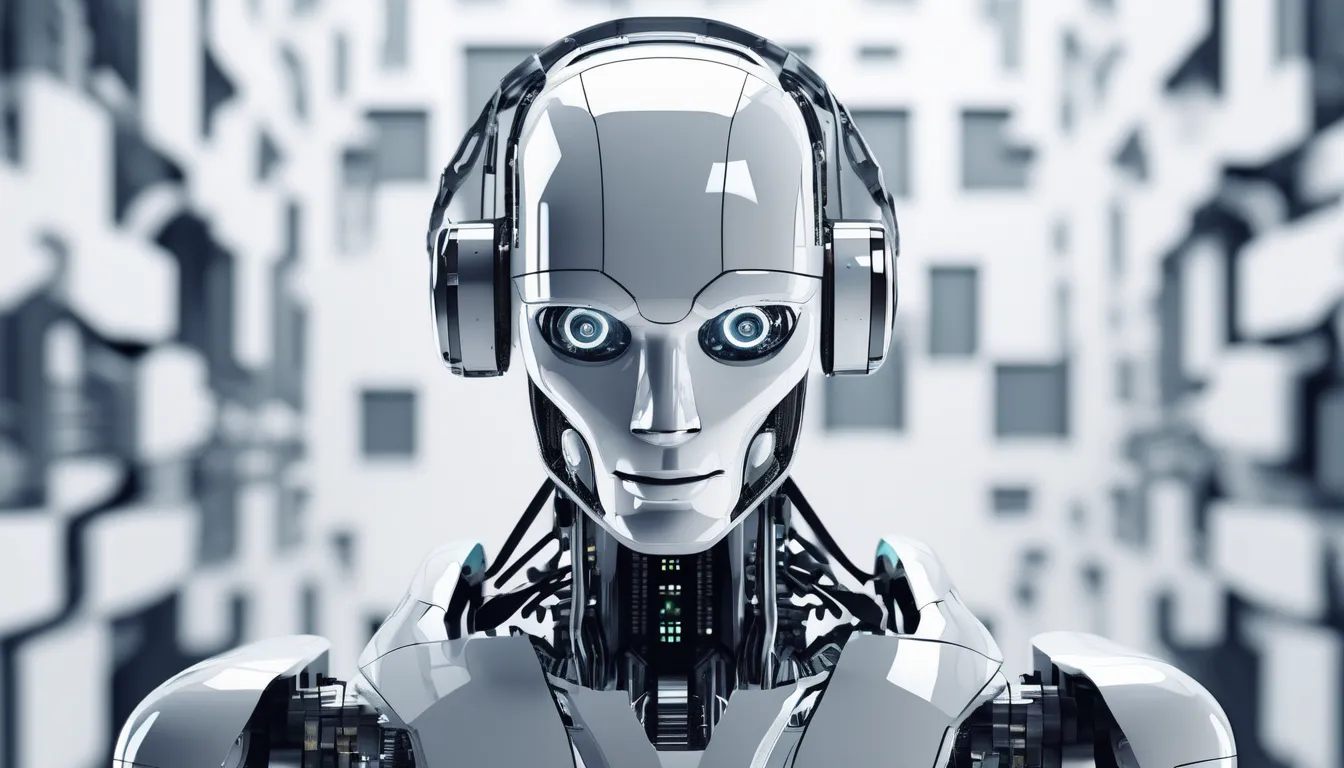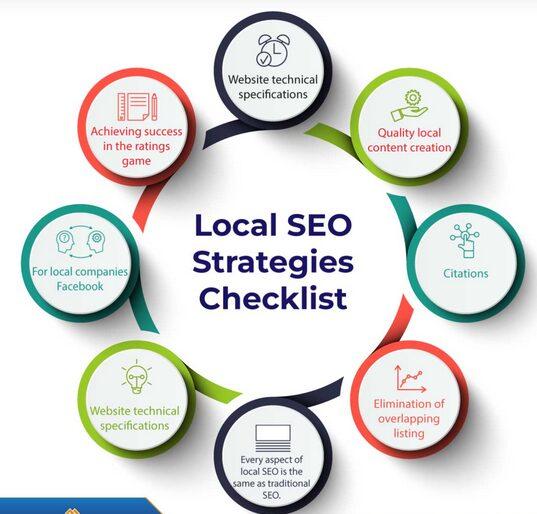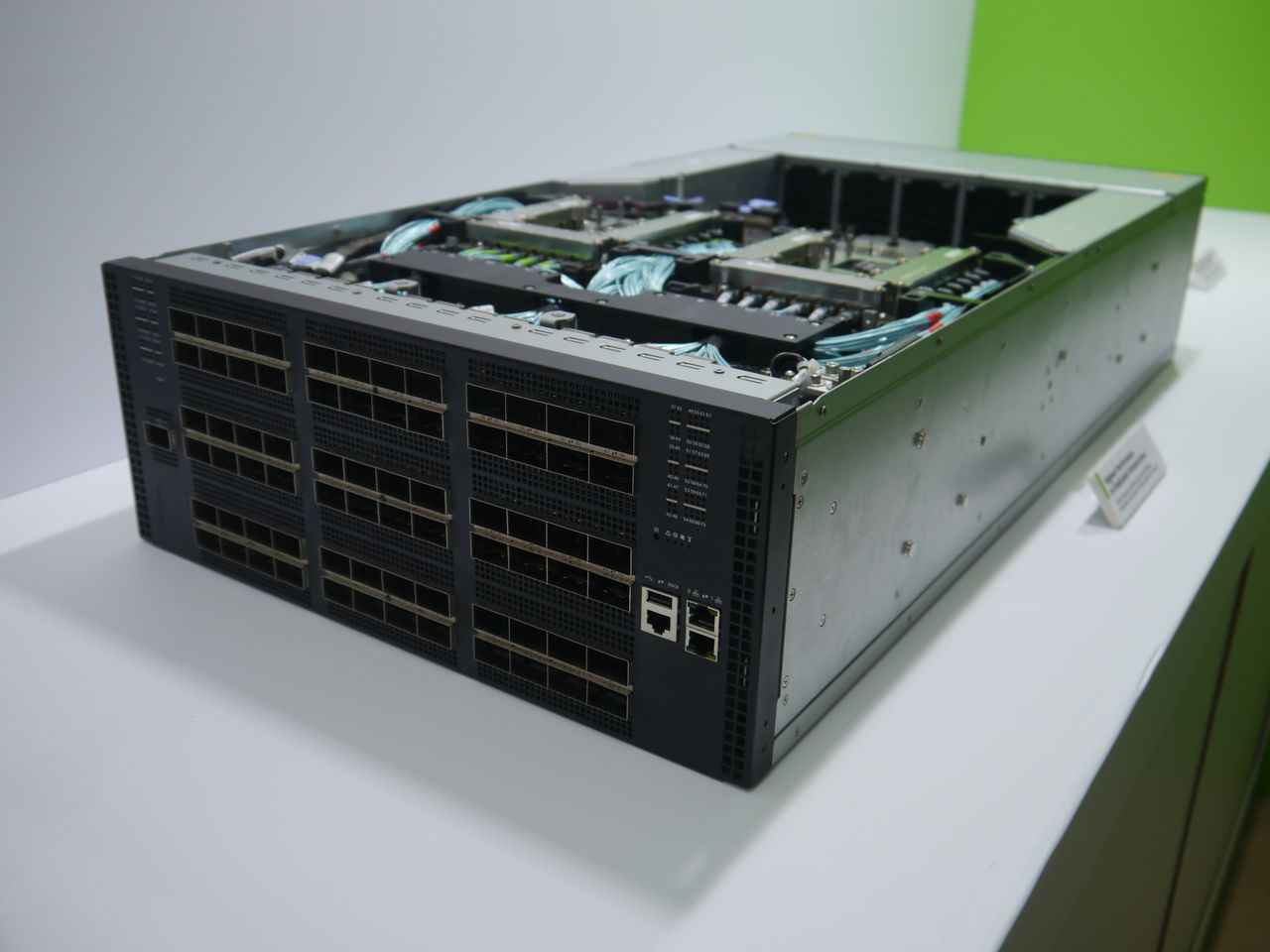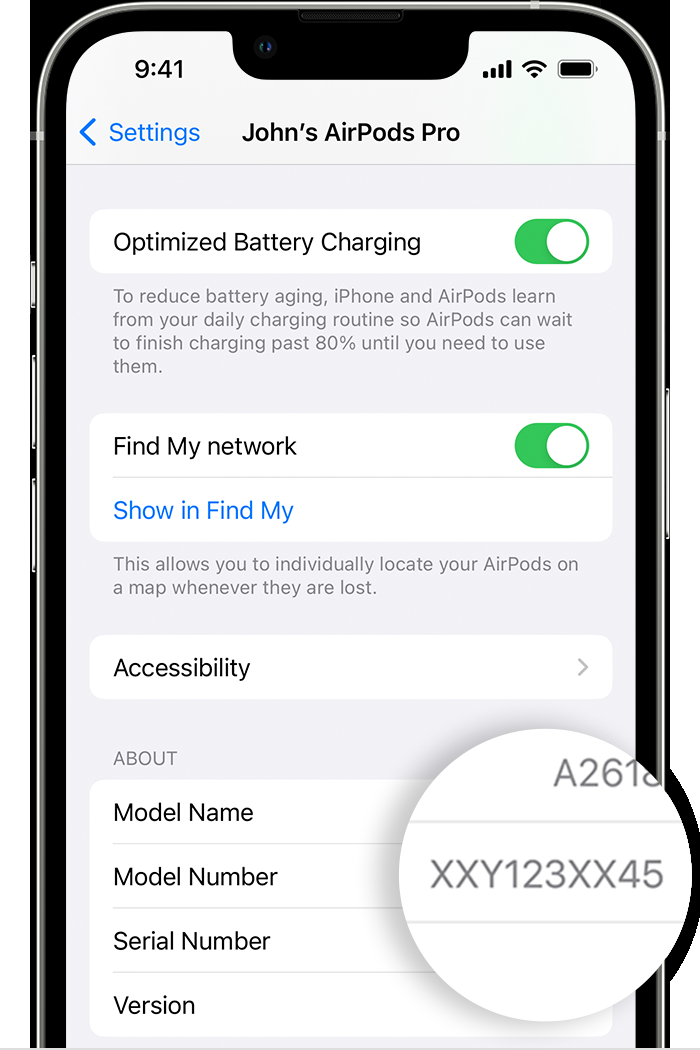When you think about artificial intelligence, it’s easy to get overwhelmed by the technical jargon and complex theories. But at its core, AI is about machines that can mimic human thinking and decision-making. You might already encounter AI in your daily life, from the virtual assistants on your phone to the recommendations on your favorite streaming service. Understanding the basics of AI not only demystifies the technology but also opens the door to its broader implications. What you’ll discover next could reshape how you view technology and its role in your life.
What Is Artificial Intelligence?
Understanding artificial intelligence (AI) can feel overwhelming, but it’s essentially about creating machines that can think and learn like humans. At its core, AI aims to mimic cognitive functions, enabling systems to recognize patterns, solve problems, and make decisions.
You’ll find AI in various applications, from voice assistants like Siri and Alexa to recommendation systems on Netflix and Amazon.
AI operates through algorithms, which are sets of rules or instructions that guide the machine’s operations. These algorithms process vast amounts of data, allowing the system to learn from past experiences and improve its performance over time.
For instance, when you search for something online, AI VIPs analyzes your behavior and preferences to deliver tailored results.
Moreover, AI can be classified into two main types: narrow AI and general AI. Narrow AI refers to systems designed for specific tasks—like translating languages or playing chess.
General AI, still largely theoretical, envisions machines that can understand or learn any intellectual task that a human can do.
Key Concepts of AI
Artificial intelligence encompasses several key concepts that are essential to grasping how it functions. Understanding these concepts will help you appreciate the intricacies of AI and its applications in everyday life.
First, there’s machine learning, which is a subset of AI that enables systems to learn from data. Instead of being explicitly programmed for every task, machines improve their performance as they process more information.
Next, you should know about neural networks. These are inspired by the human brain and consist of interconnected nodes (or neurons) that process data in layers. This structure allows AI to recognize patterns and make decisions based on input data.
Lastly, consider natural language processing (NLP), which allows machines to understand and interact using human language. This technology powers virtual assistants, chatbots, and translation services, making communication between humans and machines more intuitive.
- Machine Learning: Learning from data to improve performance.
- Neural Networks: Mimicking the brain to process information.
- Natural Language Processing: Enabling machines to understand human language.
Grasping these concepts will give you a solid foundation as you explore the world of AI.
Types of Artificial Intelligence
When exploring the types of artificial intelligence, you’ll encounter three main categories: narrow AI, general AI, and superintelligent AI.
Narrow AI, also known as weak AI, is designed for specific tasks. Think about your smartphone’s voice assistant or recommendation systems; they excel at one function but can’t perform outside their programmed abilities.
In contrast, general AI refers to a type of AI that possesses the ability to understand, learn, and apply intelligence across a wide range of tasks, similar to a human.
While this level of AI is still theoretical, it represents a significant goal for researchers and developers.
Lastly, there’s superintelligent AI. This level surpasses human intelligence and capability in virtually every aspect, from problem-solving to emotional understanding.
The idea of superintelligent AI raises ethical concerns and discussions about safety, as its capabilities could vastly exceed those of humans.
Applications of AI in Daily Life
In today’s world, AI seamlessly integrates into your daily life, often without you even noticing it. From the moment you wake up to the time you go to bed, AI technologies enhance your experiences and streamline tasks. You mightn’t realize it, but these smart systems are working behind the scenes to make your life easier.
Here are a few ways AI touches your daily routine:
- Personal Assistants: Whether it’s Siri, Alexa, or Google Assistant, these AI-driven tools help you manage your schedule, set reminders, and answer questions with ease.
- Recommendation Systems: When you browse Netflix, Spotify, or Amazon, AI analyzes your preferences, suggesting content that matches your tastes, making it simpler to discover new favorites.
- Smart Home Devices: From smart thermostats that learn your heating preferences to security cameras that detect unusual activity, AI helps you create a safer and more efficient home environment.
These applications show just how much AI has become an integral part of your daily life, often enhancing convenience and productivity while you go about your day.
The Future of AI Technology
The evolution of AI technology promises to reshape our future in profound ways. Imagine a world where AI enhances your daily life, making tasks more efficient and decisions smarter. As AI continues to advance, you’ll likely witness everything from personalized education tailored to your learning style to healthcare systems that predict illnesses before symptoms arise.
In the workplace, AI will automate repetitive tasks, allowing you to focus on more creative and strategic projects. You’ll collaborate with AI tools that offer insights and recommendations, improving your productivity and decision-making.
The potential for AI in transportation is exciting too; self-driving vehicles could change how you commute, making travel safer and more efficient.
However, with these advancements come ethical considerations. You’ll need to navigate issues like data privacy and job displacement. Embracing a future with AI means being proactive in understanding and shaping the technology to align with societal values.
Ultimately, the future of AI technology isn’t just about machines; it’s about how you interact with them. By staying informed and engaged, you can help ensure that AI serves as a force for good, enhancing your life and the world around you.
Frequently Asked Questions
How Does AI Impact Job Opportunities and Employment Rates?
AI’s transforming job opportunities by automating routine tasks, which can lead to job displacement in some sectors. However, it’s also creating new roles in technology and data analysis, enhancing employment rates in emerging fields.
Can AI Learn and Adapt Without Human Intervention?
Yes, AI can learn and adapt without human intervention through techniques like reinforcement learning. It analyzes data, makes decisions, and improves over time, allowing it to handle complex tasks independently and evolve in unpredictable environments.
What Are the Ethical Concerns Surrounding AI Usage?
When you consider AI usage, ethical concerns arise, such as privacy violations, bias in decision-making, and job displacement. You must reflect on how these issues impact society and evaluate the responsibility of developers and users alike.
How Does AI Differ From Traditional Programming?
AI differs from traditional programming in that it learns from data and improves over time. Instead of following explicit instructions, it adapts its responses based on patterns, making it more flexible and capable in dynamic situations.
What Skills Are Needed to Work in AI Development?
To work in AI development, you’ll need strong programming skills, a solid understanding of algorithms, and proficiency in data analysis. It’s also vital to grasp machine learning concepts and possess critical problem-solving abilities.
Conclusion
In summary, understanding artificial intelligence opens up a world of possibilities. You’ve explored its key concepts, types, and real-life applications, seeing how it shapes our daily experiences. As AI technology continues to evolve, it’s crucial to stay informed about its developments and implications. Embracing this knowledge not only enhances your awareness but also prepares you for a future where AI will play an even bigger role in our lives. So, keep learning and stay curious!






